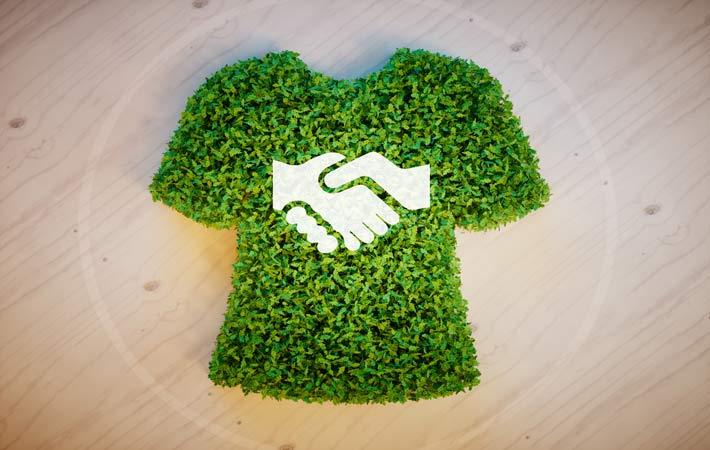
The report titled 'Valuing our Clothes: The Cost of UK Fashion' says that the amount of clothing discarded in residual waste has fallen by approximately 50,000 tonnes. The report was published by not-for-profit organisation Waste and Resources Action Programme (WRAP).
The report also examines improvements within the clothing sector since the launch of its Sustainable Clothing Action Plan (SCAP) in 2013, the voluntary agreement designed and brokered by WRAP in partnership with the government and industry. This has been achieved through a range of SCAP initiatives varying from sustainable fibre procurement, to advice and support for households on caring for clothes and working to increase reuse and recycling. Wrap has worked closely with major clothing designers, brands, manufacturers, retailers, fashion houses and re-use & recycling organisations to drive forward more sustainable production and buying practices, and increase textiles re-use and recycling.
"I am delighted by how well SCAP signatories are doing. At this stage of the agreement they are not only well on the way to achieving the targets, but continue to outperform the sector as a whole - particularly in sustainable cotton. It’s amazing that twenty per cent more cotton is now sustainably-sourced by signatories than when we began. And having high-street names like M&S, Tesco and Sainsbury’s setting ambitious sustainable cotton targets will help ease the pressure on some of the world’s most water-sensitive countries," Steve Creed, director business programme WRAP said.
"It’s great too that fewer clothes are ending up in the residual waste, but overall our carbon footprint is rising so the next few years are critical in balancing growing demand with supplying clothes more sustainably. I’m confident SCAP will play a big part in helping to make this happen, and make sustainable fashion much more mainstream," added Creed. (RR)
Fibre2Fashion News Desk – India